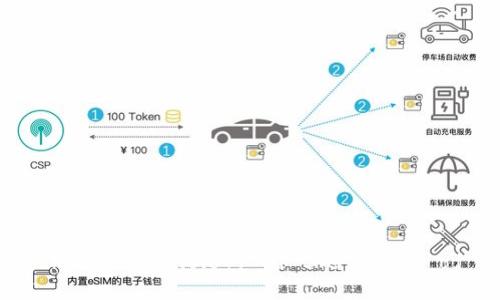What is Blockchain?
Blockchain is essentially a decentralized, digital ledger that records transactions across numerous computers. It's a highly secure and transparent system that eliminates the need for intermediaries like banks or financial institutions. Transactions are verified and added to the blockchain through a consensus among network participants, making it nearly impossible to modify or manipulate.
How does Blockchain Technology work?

Blockchain technology works via blocks which are linked together through cryptography, forming a connected chain or ledger. Each block contains transactions that are verified by network participants called nodes. Once verified, each block is added to the existing blockchain. As the blockchain grows, it becomes increasingly difficult for attackers to tamper with the data or entire network.
What are the Advantages of Blockchain Technology?
Blockchain technology offers several advantages, including enhanced security, transparency, and decentralization. It eliminates intermediaries, reduces transaction fees, and eliminates the need for middlemen. Transactions are irreversible, reducing the possibility of fraud, and all transactions are recorded on the blockchain, making it easy to trace and audit transactions. Furthermore, blockchain technology eliminates centralized authority, promoting trust and democratizing financial systems.
What is Cryptocurrency?

Cryptocurrency refers to digital currencies that use cryptography to secure transactions and control the creation of new units. Unlike physical currencies, cryptocurrencies are decentralized, meaning they are not subject to government control or manipulation. The most popular cryptocurrency is Bitcoin, followed by Ethereum and Litecoin.
What are the Advantages of Cryptocurrency?
Cryptocurrencies offer several advantages over traditional currencies, including anonymity, decentralization, and security. Transactions are not subject to government scrutiny or interference, providing users a greater level of privacy. Decentralization eliminates intermediaries, reducing transaction fees and reducing the possibility of fraud. Additionally, cryptocurrency transactions are almost impossible to reverse, providing greater security and reducing the possibility of chargebacks.
What is the Future of Blockchain Technology and Digital Currencies?
The future of blockchain technology and digital currencies is bright. With adoption and investment growing rapidly, more businesses and individuals are using and accepting digital currencies. As technology advances and blockchain becomes more widely adopted, we can expect to see even greater innovation in the space, including applications beyond financial services. Some believe that blockchain will fundamentally transform how society operates, similar to how the Internet changed the world in the late 20th and early 21st centuries.
In conclusion, blockchain technology and digital currencies are still relatively new, but they are growing at a rapid pace. Understanding the basics of this technology and its advantages can help individuals and businesses take advantage of its potential in the future.
 Blockchain technology works via blocks which are linked together through cryptography, forming a connected chain or ledger. Each block contains transactions that are verified by network participants called nodes. Once verified, each block is added to the existing blockchain. As the blockchain grows, it becomes increasingly difficult for attackers to tamper with the data or entire network.
Blockchain technology works via blocks which are linked together through cryptography, forming a connected chain or ledger. Each block contains transactions that are verified by network participants called nodes. Once verified, each block is added to the existing blockchain. As the blockchain grows, it becomes increasingly difficult for attackers to tamper with the data or entire network.
 Cryptocurrency refers to digital currencies that use cryptography to secure transactions and control the creation of new units. Unlike physical currencies, cryptocurrencies are decentralized, meaning they are not subject to government control or manipulation. The most popular cryptocurrency is Bitcoin, followed by Ethereum and Litecoin.
Cryptocurrency refers to digital currencies that use cryptography to secure transactions and control the creation of new units. Unlike physical currencies, cryptocurrencies are decentralized, meaning they are not subject to government control or manipulation. The most popular cryptocurrency is Bitcoin, followed by Ethereum and Litecoin.



